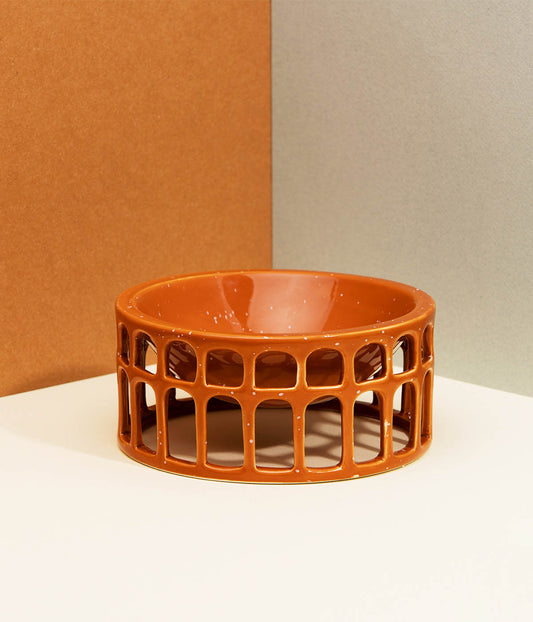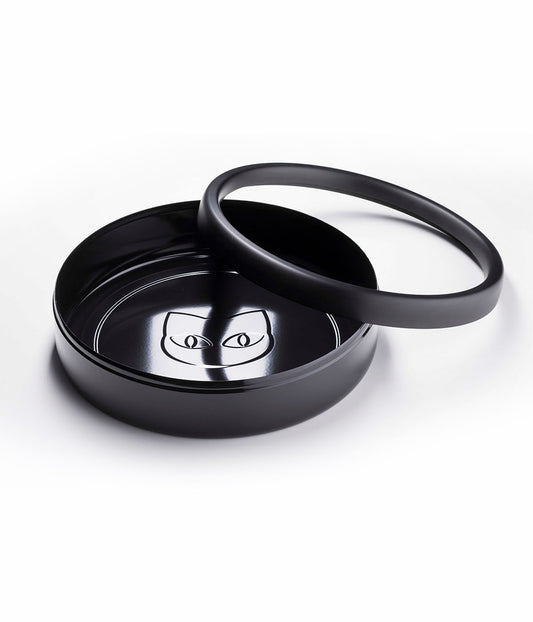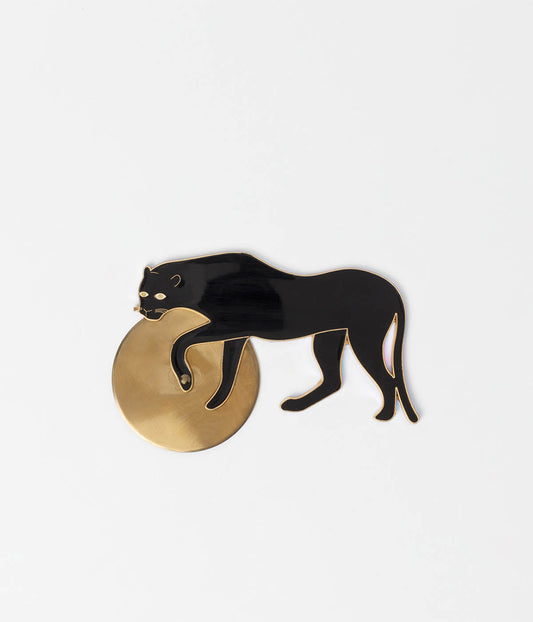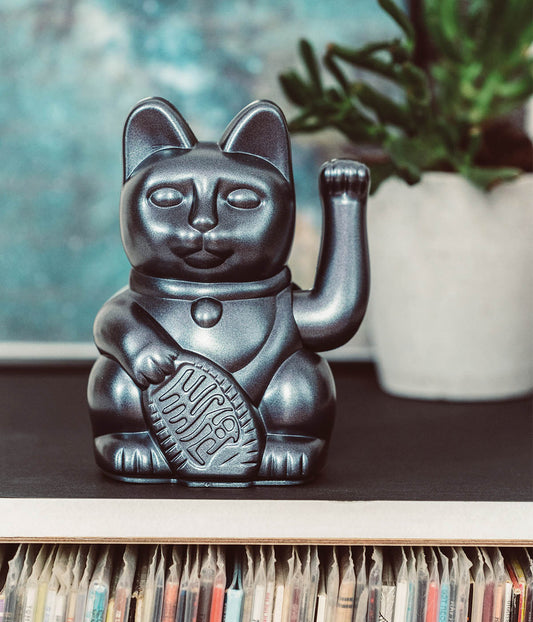
The Most Effective Way to Stop Food Aggression in Dogs
Marie DuchessFood aggression in dogs can be a serious issue that needs to be addressed promptly. It can lead to aggressive behavior, fights, and even injuries. As a responsible dog owner, it is important to understand the underlying causes of food aggression and take the necessary steps to stop it. In this blog post, we will discuss the most effective way to stop food aggression in dogs.
What is food aggression in dogs?
Food aggression, also known as resource guarding, is a behavior in which a dog becomes possessive and aggressive over their food. This can manifest as growling, snapping, or even biting when someone approaches their food bowl or tries to take away their food.
Why do dogs become food aggressive?
Food aggression in dogs can stem from various factors, including genetics, past experiences, and learned behavior. Some dogs may have had to compete for food in their previous environment, leading to a heightened sense of protectiveness over their meals. Others may have a naturally dominant or possessive temperament.
How to stop food aggression in dogs?
1. Start with basic obedience training: Teaching your dog basic commands like "sit," "stay," and "leave it" can help establish your role as the pack leader and create a positive association with obeying commands.
2. Gradual desensitization: Gradually expose your dog to situations that trigger their food aggression, such as approaching their food bowl while they are eating. Start by standing at a distance and rewarding them with treats for calm behavior. Slowly decrease the distance over time.
3. Use positive reinforcement: Reward your dog with treats, praise, and affection when they display non-aggressive behavior around their food. This will reinforce the idea that good behavior is rewarded.
4. Feed in a separate area: If your dog is highly food aggressive, consider feeding them in a separate room or using a barrier to create a safe space. This can help reduce the stress and anxiety associated with guarding their food.
5. Consult a professional: If your dog's food aggression persists or escalates, it is advisable to seek the help of a professional dog trainer or behaviorist. They can provide personalized guidance and develop a training plan tailored to your dog's specific needs.
Food aggression in dogs is a serious issue that requires patience, consistency, and proper training to address. By understanding the underlying causes and implementing the most effective techniques, you can help your dog overcome food aggression and create a safe and harmonious environment for everyone.













